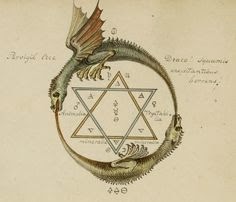The Role of Rupture in Derrida's Philosophy of Time
In his philosophy, Jean-François Derrida often emphasized the concept of rupture, which refers to a break or discontinuity in a given system or structure. This concept can be understood in relation to Derrida's philosophy of time, which challenges the traditional notion of linear, teleological time.
According to Derrida, the traditional view of time as a linear progression from the past to the future is problematic because it relies on the assumption of a fixed, stable present. This assumption is problematic because it assumes that the present can be apprehended as a self-contained, discrete moment, separate from the past and the future.
However, Derrida argued that this view of time is fundamentally flawed because it ignores the fact that the present is always already conditioned by the past and is constantly being transformed by the future. In other words, the present is always already in a state of flux and is never truly stable or self-contained.
Therefore, Derrida's philosophy of time emphasizes the concept of rupture, which refers to the way in which the present is always being disrupted by the past and the future. This rupture creates a sense of indeterminacy and instability in the present, and it challenges traditional notions of linear, teleological time.
In addition to challenging traditional notions of linear, teleological time, Derrida's concept of rupture also has important implications for his philosophy of the messianic. According to Derrida, the messianic represents a future that is always already present, but which is always deferred and never fully realized. This deferral creates a sense of hope and possibility, as it allows for the possibility of transformation and change.



Comments